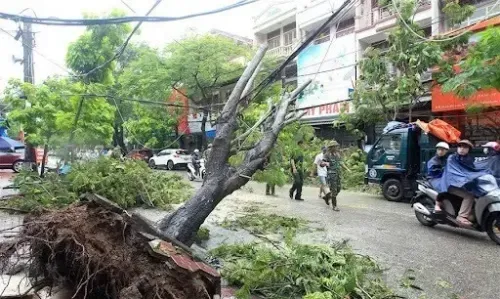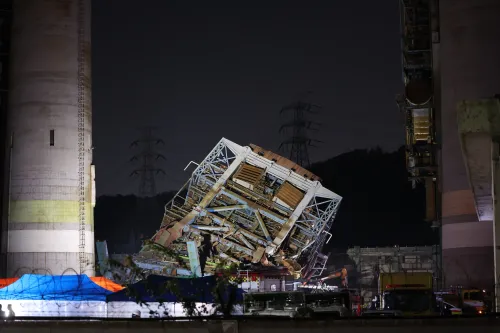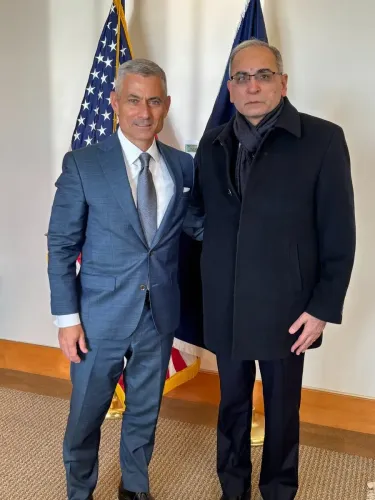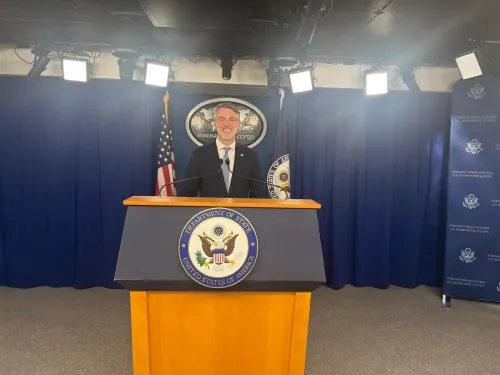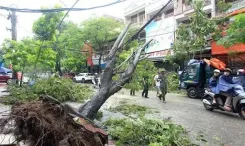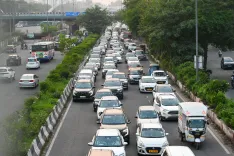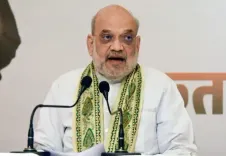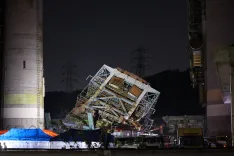Is the Yunus government in Bangladesh really suppressing the Awami League?
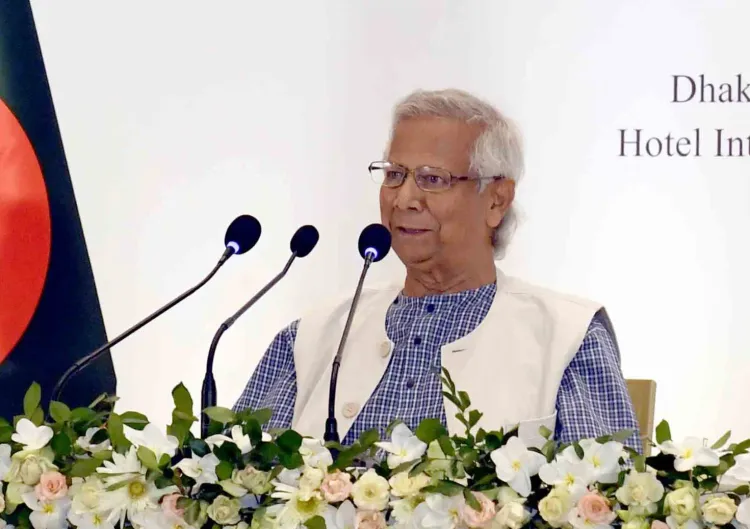
Synopsis
Key Takeaways
- Human Rights Watch criticizes the interim government for suppressing the Awami League.
- The government has imposed a temporary ban on the party's activities.
- Legislative actions may undermine fundamental freedoms.
- Awami League's registration has been revoked by the Election Commission.
- Broad powers granted to the government could violate international standards.
New York/Dhaka, May 22 (NationPress) Human Rights Watch, a US-based advocacy organization, has expressed strong disapproval of the interim government in Bangladesh, led by Muhammad Yunus, for its efforts to suppress the rights of supporters belonging to former Prime Minister Sheikh Hasina and the Awami League. The advocacy group highlighted that the government's recent legislative measures could jeopardize fundamental freedoms, as stated in their release.
On May 12, the interim government implemented a 'temporary' prohibition on the Awami League, invoking newly granted powers under a stringent amendment to the Anti-Terrorism Act. This prohibition encompasses various actions, including meetings, publications, and online expressions that support the party, as reported by Human Rights Watch (HRW) on Wednesday.
The Awami League's ban is set to remain until its leaders are tried for alleged transgressions during their 15-year governance, a legal process that could extend for years, effectively sidelining the party. The interim government has curtailed all activities related to the Awami League, including any form of publication, media, online and social media interactions, campaigns, processions, meetings, and conferences, thus infringing on supporters' rights to free speech and association.
HRW emphasized the necessity for the interim government to retract its measures to safeguard the rights of Awami League members and supporters and to prioritize prosecuting former government officials accused of crimes based on credible evidence.
The organization urged the government to avoid politically motivated pretrial detentions and ensure they are the exception rather than the norm. The primary focus should be on delivering justice for human rights violations, particularly unlawful killings and enforced disappearances, according to HRW.
HRW also pointed out that the Awami League, active since before the country's independence, boasts a substantial support base. Following the announcement of the ban, the Election Commission additionally revoked the party's registration.
These developments surfaced after the interim government enacted an ordinance modifying the International Crimes (Tribunals) Act, 1973, empowering the Tribunal with broad capabilities to prosecute and dismantle political organizations. The newly defined provisions broadly categorize any political party or associated group, as well as individuals deemed to promote or endorse their activities. Due to the expansive nature of these powers, they may conflict with international due process and freedom of association standards.

